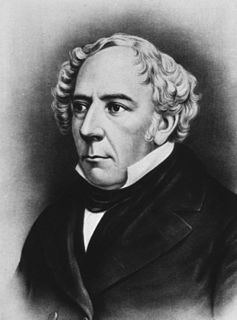A Quote by Sir William Hamilton, 9th Baronet
An instinct is an agent which performs blindly and ignorantly a work of intelligence and knowledge.
Related Quotes
Each member of society can have only a small fraction of the knowledge possessed by all, and...each is therefore ignorant of most of the facts on which the working of society rests...civilization rests on the fact that we all benefit from knowledge which we do not possess. And one of the ways in which civilization helps us to overcome that limitation on the extent of individual knowledge is by conquering intelligence, not by the acquisition of more knowledge, but by the utilization of knowledge which is and which remains widely dispersed among individuals.
Influences come from everywhere but when you are actually shooting you work primarily by instinct. But what is instinct? It is a lifetime accumulation of influence: experience, knowledge, seeing and hearing. There is little time for reflection in taking a photograph. All your experiences come to a peak and you work on two levels: conscious and unconscious.
The notion that "applied" knowledge is somehow less worthy than "pure" knowledge, was natural to a society in which all useful work was performed by slaves and serfs, and in which industry was controlled by the models set by custom rather than by intelligence. Science, or the highest knowing, was then identified with pure theorizing, apart from all application in the uses of life; and knowledge relating to useful arts suffered the stigma attaching to the classes who engaged in them.
I don't believe in an outside agent that creates the world, then walks away. But I feel very strongly there is an intelligence at work in every flower, in every blade of grass, in every cell of my body. And it is that intelligence that, I wouldn't say created the universe. It is creating the universe. It's an ongoing process.
This society in which knowledge workers dominate is in danger of a new "class conflict" between the large minority of knowledge workers and the majority of workers who will make their livings through traditional ways, either by manual work... or by service work. The productivity of knowledge work - still abysmally low - will predictably become the economic challenge of the knowledge society. On it will depend the ability of the knowledge society to give decent incomes, and with them dignity and status, to non knowledge people.
Our understanding of what constitutes intelligence is utterly relative. If an aborigine drafted an I.Q. test, for example, all of Western civilization would probably flunk. We have a very convenient and self-serving way of defining intelligence. If an animal does something, we call it instinct. If we do the same thing for the same reason, we call it intelligence.








































